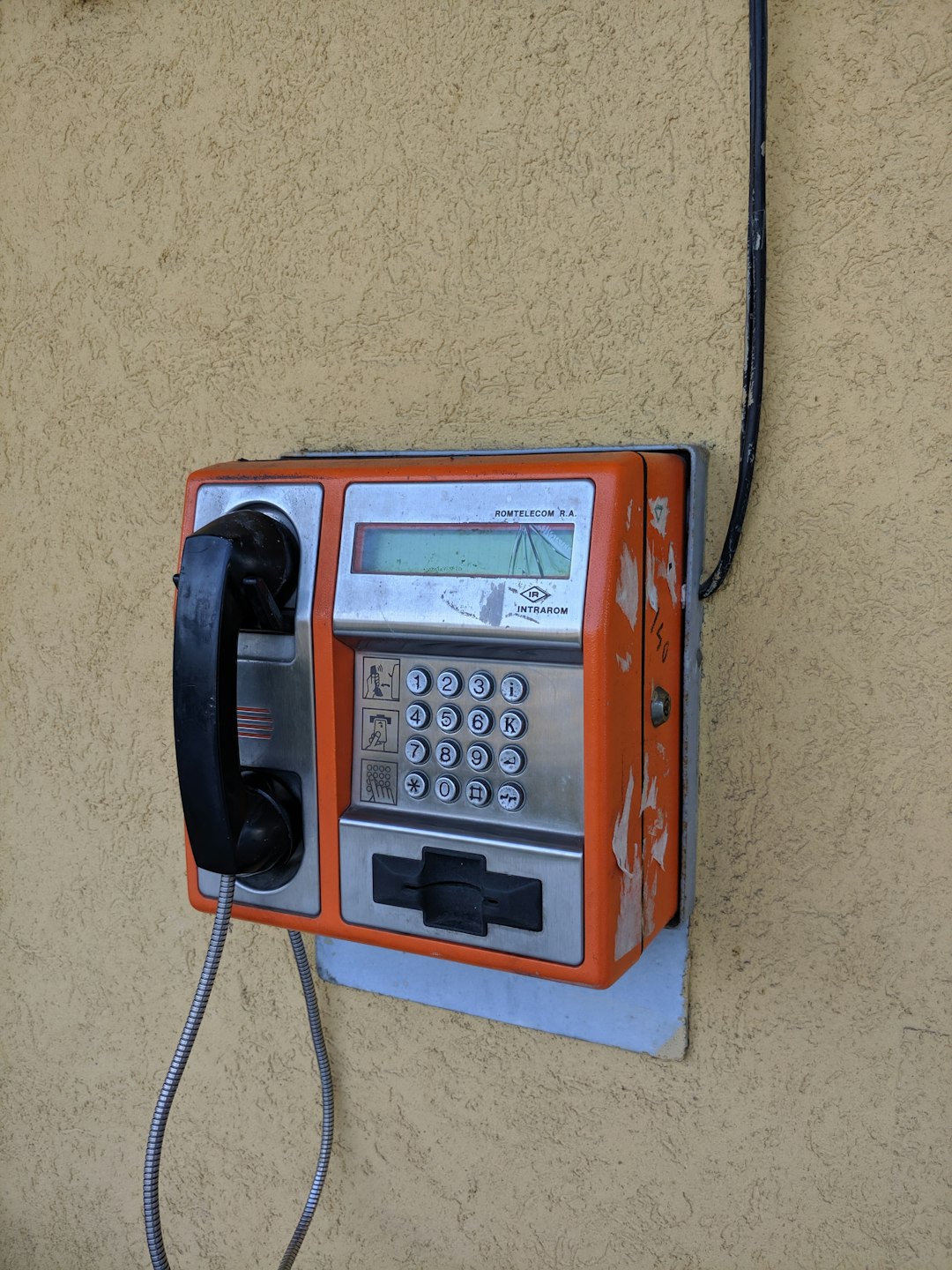In Lewiston, Idaho, a growing concern over unwanted and spam calls has united the community. Local initiatives focus on education, 'Do Not Call' lists, and reporting suspicious activities, backed by the state's robust spam call law. Citizens can register their numbers for protection, use call blocking apps, and report fraudulent firms like those based in Idaho. This collective action aims to protect residents from annoyance and potential harm, creating a safer calling environment.
Lewiston residents are joining forces to combat a growing nuisance: unwanted spam calls. With the rise of automated phone marketing, many find themselves deluged with prerecorded messages, leaving them frustrated and concerned for their privacy. This article explores the impact of these calls, Idaho’s legal framework designed to protect citizens from spam, and effective community initiatives aimed at creating a safer calling environment. A collaborative effort between residents and a local spam call law firm in Idaho offers hope for relief.
Understanding the Impact of Spam Calls in Lewiston

In Lewiston, like many cities across the country, the rise of unwanted and spam calls has become a significant nuisance for residents. These persistent phone calls, often from automated systems or telemarketers, not only disrupt daily life but can also have a detrimental impact on mental health and overall well-being. The sheer volume of such calls, especially during dinner time or early mornings, has prompted a collective effort among Lewiston’s community to combat this growing issue.
The problem extends beyond mere annoyance. Many spam calls are associated with fraudulent activities, including identity theft, phishing scams, and financial fraud. A spam call law firm in Idaho, for instance, often receives reports of residents being targeted by these deceptive tactics. Understanding the gravity of the situation, local initiatives have emerged to educate citizens about blocking such calls, registering on ‘Do Not Call’ lists, and reporting suspicious activities. These efforts signal a united front against the intrusive nature of spam calls, aiming to restore peace of mind and protect Lewiston’s residents from potential harm.
Legal Framework: Idaho's Approach to Protecting Residents

In Idaho, including Lewiston, combating unwanted calls has gained significant traction due in part to the state’s robust legal framework targeting spam calls. The Idaho Spam Call Law firm plays a pivotal role in protecting residents from relentless telemarketing and fraudulent activities. This law empowers individuals to take action against incessant phone calls by providing clear guidelines and penalties for violators. Under this legislation, businesses are required to obtain explicit consent before initiating automated or prerecorded phone calls, ensuring that residents’ privacy is respected.
The state’s approach focuses on empowering citizens to control their communication preferences. It allows individuals to register their numbers on the “Do Not Call” list, further fortifying the legal protections against spam calls. By combining robust legislation and citizen engagement, Idaho aims to create a safer, less intrusive environment for its residents, making Lewiston a prime example of community efforts to combat unwanted calls effectively.
Community Initiatives and Strategies for a Safer Calling Environment

Lewiston residents are actively working together to combat unwanted calls, aiming to create a safer calling environment for all. Community initiatives include educating citizens on recognizing and reporting spam calls, implementing robust do-not-call registries, and collaborating with local law enforcement to track and prosecute perpetrators of nuisance calls. These efforts align with Idaho’s stringent spam call laws, which offer strong protections against unsolicited telemarketing calls.
Local organizations are also leveraging technology to filter out spam before it reaches residents’ phones. By utilizing advanced call blocking apps and software, Lewiston’s community is taking a proactive approach to minimize the impact of unwanted calls. These strategies not only empower individuals but also contribute to a more peaceful and secure phone experience for the entire community.






